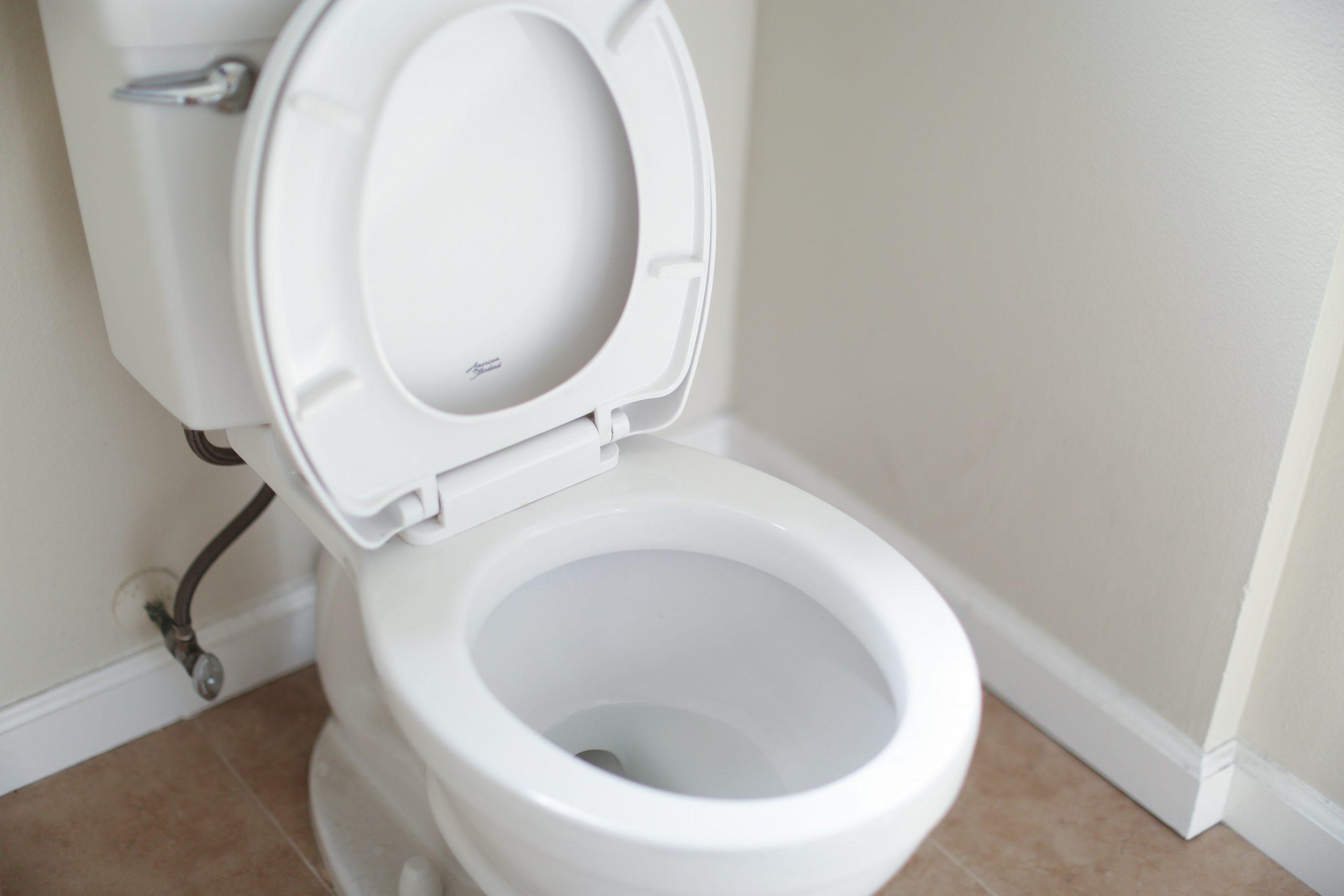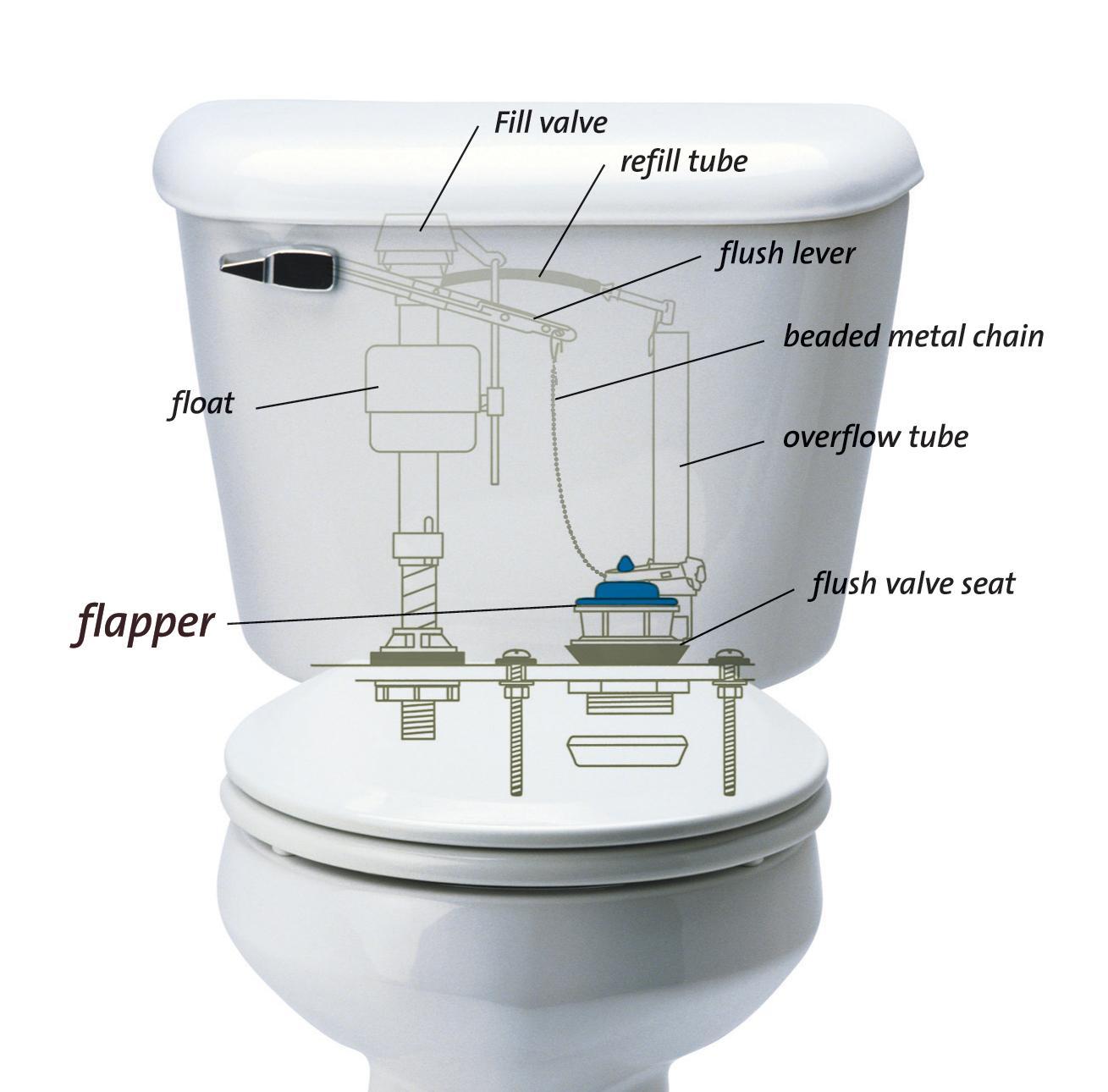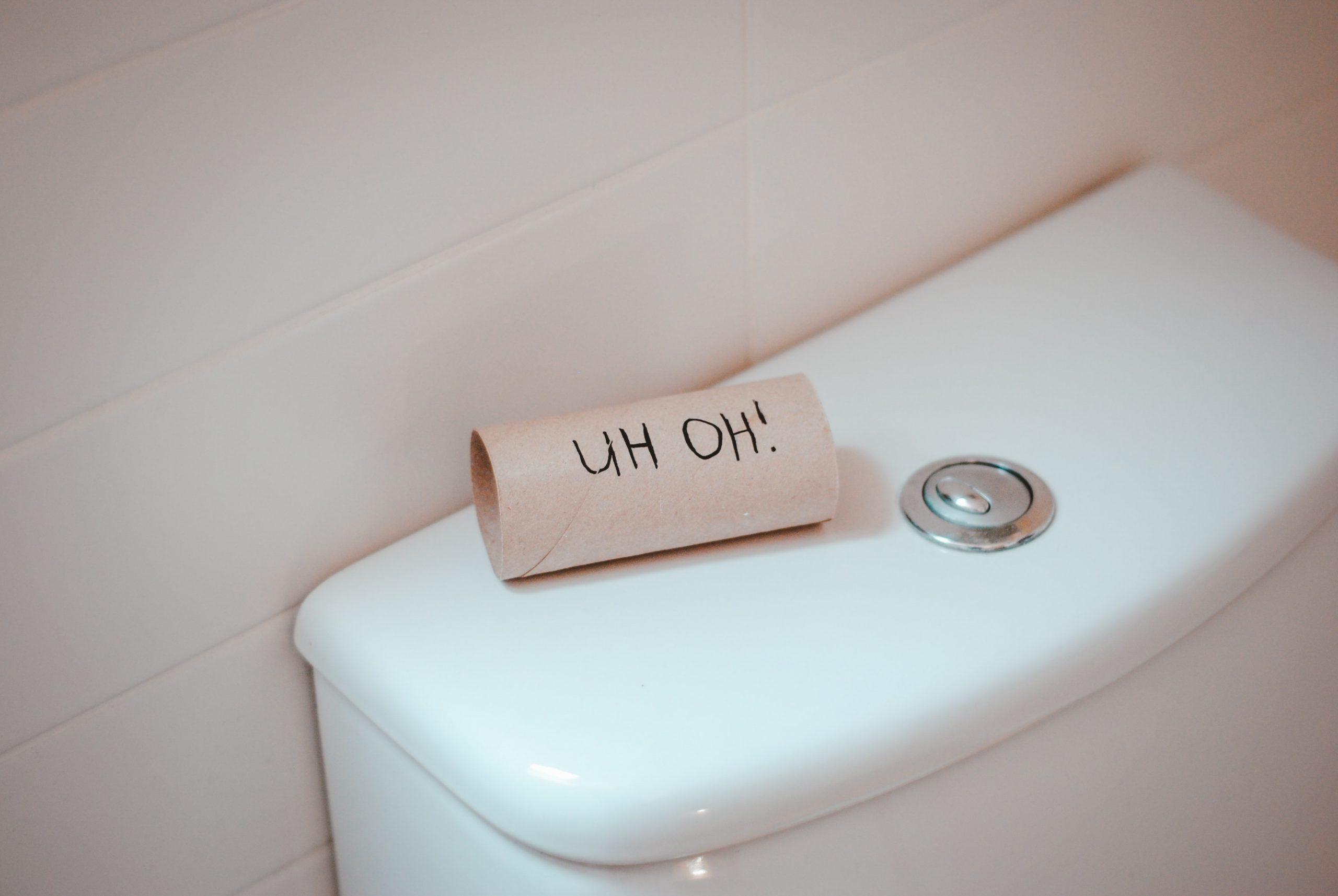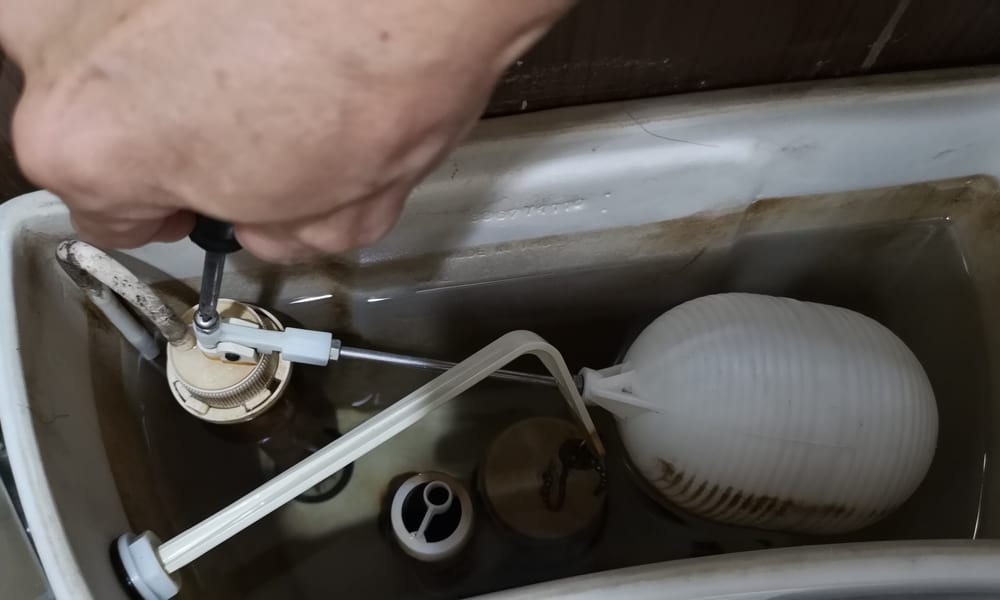Want to save with Paschal? Don’t miss our current offers and specials

Want to save with Paschal? Don’t miss our current offers and specials
Return to Paschal Resource & Education Hub

A toilet tank not filling after a flush is one of those small plumbing problems that quickly becomes a big annoyance, and a water-waster. The good news: many causes are simple to diagnose and fix yourself. This guide walks you through every likely cause (from the easy checks to the replacement parts), shows safe DIY fixes, and explains when to call a licensed plumber.

Understanding the basic cycle helps you troubleshoot:
You flush → the flapper lifts and water drains into the bowl.
The fill valve opens and refills the bowl and tank.
The float rises with the water level and tells the fill valve to shut off.
The overflow tube prevents spills if the fill valve fails.
If any component in that chain is damaged, misaligned, or clogged, the tank may not fill, fill slowly, or keep running.
If your toilet tank won’t fill, run this short checklist before replacing parts:
Is the shut-off valve open? — The small valve on the wall or floor behind the toilet must be fully open.
Is other water working? — Turn on a sink to confirm the home water supply is active.
Is the fill valve visibly cracked or leaking? — Inspect the tank for dripping or obvious damage.
Is the float stuck? — Push the float up and let it drop; it should move freely.
Is the tank empty but the bowl full? — That indicates a flapper or chain issue.
If one of these checks solves it, great. If not, follow the step-by-step diagnostics below.

Symptoms: Tank fills slowly or not at all.
Why: Debris, mineral buildup, or a failing valve.
Fix: Turn off water, flush the tank, and clean the valve. If it still doesn’t work, consider replacing the fill valve.
Symptoms: Tank overfills or never reaches the correct level.
Why: Float is stuck or misadjusted.
Fix: Adjust the float arm (for a float ball) or the screw/clip (for a float cup) until the water stops at the correct level.
Symptoms: Water keeps running, or tank leaks into the bowl.
Why: Flapper is worn, warped, or chain is too short/long.
Fix: Replace the flapper if damaged and adjust the chain for a little slack (½ inch).
Symptoms: Water siphons into the bowl or tank doesn’t fill properly.
Why: Refill tube is too long or inserted too far into the overflow tube.
Fix: Trim tube to about 1 inch above overflow tube and reinsert.
Symptoms: No water enters the tank even when valve is open.
Why: Valve or line is blocked or faulty.
Fix: Ensure the shut-off valve is fully open. If it still doesn’t work, replacement may be needed.
Symptoms: Tank keeps having problems or needs constant attention.
Why: Rubber and plastic parts wear out over time.
Fix: Replace the flapper and fill valve, or update the whole tank assembly for reliable operation.
If troubleshooting doesn’t solve the problem, or if you want to ensure the repair is done safely, a licensed Paschal plumber can help. We have experienced professionals ready to diagnose and fix any toilet tank issue quickly and safely.

If the tank fills fine but water continually flows into the bowl, focus on flapper seal, chain length, or a cracked flapper seat. Replace the flapper and check the seat for mineral buildup; clean if necessary.
Call Paschal (or your trusted plumber) when:
The tank still won’t fill after the basic fixes above.
You find a cracked porcelain tank, a damaged fill valve assembly, or continuous leaks.
Multiple fixtures have low pressure or supply problems (this may indicate a larger plumbing issue).
You prefer a guaranteed fix or want parts replaced professionally.
You can schedule plumbing service with Paschal at https://gopaschal.com/services/ or call/text 479-502-9229.
Replace your flapper and clean the fill valve every 3–5 years.
Check the chain and refill tube during periodic inspections.
Install a water-softening solution if hard water is causing mineral buildup.
Test your toilet once a month by listening for running water after a flush.
Q: Why won’t my toilet tank refill after I flush?
A: Common reasons include a clogged or failed fill valve, a stuck or misadjusted float, a worn flapper, or a problematic shut-off valve. Start with basic checks like the shut-off valve and float movement.
Q: Can I replace a fill valve myself?
A: Yes — replacing a fill valve is a common DIY task that usually takes 30–45 minutes with a basic tool set. Turn off the water first and follow the kit instructions.
Q: Why does my toilet keep running even after the tank fills?
A: A leaking or warped flapper, incorrect chain length, or overflow tube misplacement usually causes continuous running.
Q: How often should I replace the flapper or fill valve?
A: Plan on checking or replacing rubber parts every 3–5 years; plastic fill valves may last longer but are inexpensive to replace if they fail.